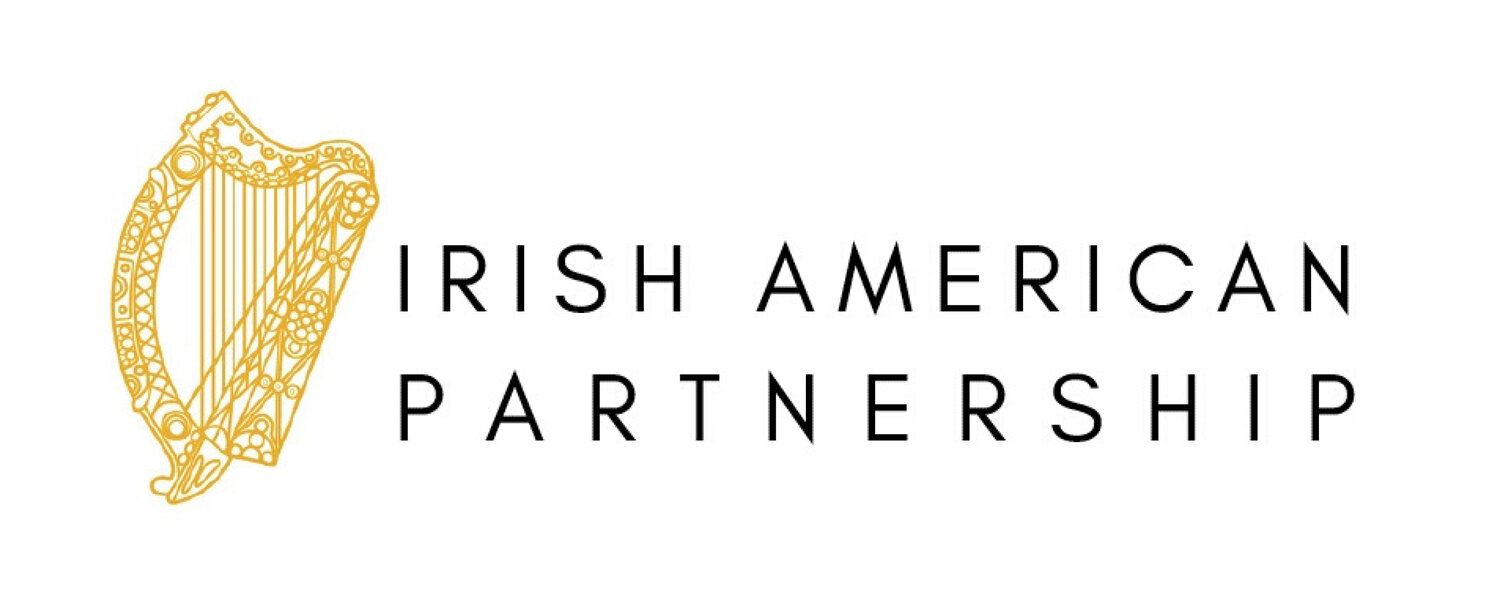Science Teacher Training
The Irish Government introduced science to the primary school curriculum in 1999, with full implementation by 2003. While limited government resources were allocated to the transition, Partnership contacts in Ireland suggested that they were not nearly enough. American donors and Irish officials feared that without a robust science curriculum, an entire generation would fall behind and Ireland would not be competitive in the rapidly-changing tech industry.
2004-2007
Students at Ballyvaughan National School
From 2004 to 2007, the Partnership co-financed a study with the Irish Government of 15 schools in County Kerry to determine ways to improve science education in the primary schools. The study identified four primary impediments to a robust science education: (1) lack of teacher confidence in the primary science curriculum, (2) lack of teacher training in science, resulting in poor knowledge of science subject matter and pedagogy, (3) lack of adequate support and resources, and (4) inability to keep up with new trends in science teaching. To combat these, the study suggested increased teacher training, greater support for schools, a focus on children aged 9-12, and a traveling professional facilitator to work with teachers. It also suggested clustering rural schools based on geographic area to promote the sharing of best practices and increase the efficiency of science teaching workshops.
2008-2010
Board Members meet with St. Patrick's College Staff during the summer 2014 Leadership Mission
St. Patrick’s Teaching College provided the original facilitators, teacher training curriculum, and administrative support for the 15 Kerry schools. From this evolved the Western Seaboard Science Program (WSSP), which replicated the model in counties Galway, Mayo, and Donegal. The full results of this 2008-2010 intervention can be found here.
For more information on the program, read "An innovative model of professional
development to enhance the teaching and learning of primary science in Irish schools," published in the Professional Development in Education Journal.
2011-Present
Starting in 2011, the Partnership has been working with St. Patrick's to provide Continuing Professional Development (CPD) to teachers in Kilkenny, Mayo, and Clare. This program uses traveling facilitators and county education centers to offer classes in science teaching and provides a space for teachers to come together and share best practices. In order to build upon the success of WSSP, the program also gives scholarships to interested teachers to pursue higher degrees in science teaching, allowing them to become specialists in the field.
Seeking to further advance science teacher training in primary schools, the Partnership recently began working with Dr. Maeve Liston at Mary Immaculate College in Limerick. Dr. Liston is a staunch advocate for science education, and has played a vital role in increasing the number of science courses that undergraduate teaching students are required to take. At Mary Immaculate, she hosts a science week for local primary students to come in, experience the campus, and participate in a series of hands-on science lessons. This is a great resource to students and teachers alike!
Dr. Liston also provides Continuing Professional Development in science teaching to schools in the Munster area. Teachers consistently oversubscribe these voluntary courses, and schools have seen gains in science grades for the students of teachers that participated in her CPD courses.



